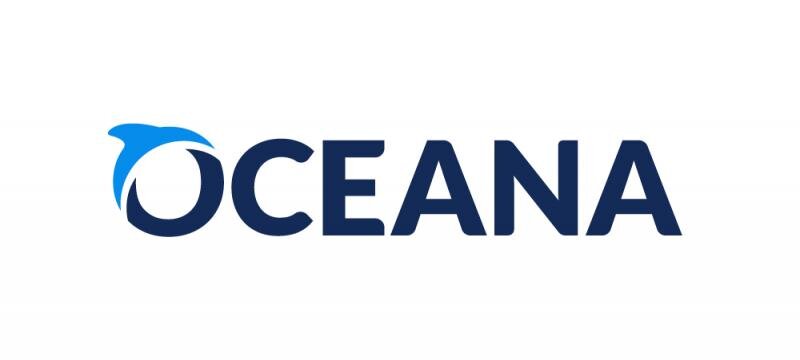A federal judge in California ruled this week that a plan devised by federal agencies to replenish the Pacific sardine population had not been effectively executed, leading to continued overfishing.
U.S. Magistrate Judge Virginia DeMarchi’s decision on Monday marked a win for environmental advocates who argued that officials had failed to ensure the recovery of sardine stocks within the legally mandated timeframe.
In 2021, the nonprofit organization Oceana filed a lawsuit against the National Marine Fisheries Service, asserting that Pacific sardines had experienced a staggering decline of over 98% between 2006 and 2020.

These small, oily fish are not only a culinary delight for humans but also serve as vital sustenance for various marine creatures including whales, dolphins, sea lions, pelicans, and salmon. Environmentalists emphasized that the depletion of sardines could trigger cascading problems throughout ocean ecosystems.
Judge DeMarchi mandated that the Fisheries Service formulate a comprehensive plan to facilitate sardine rebuilding efforts, while also establishing firm, science-based limits on annual fishing quotas. The agency declined to comment on the ongoing litigation.

Dr. Geoff Shester, a senior scientist at Oceana, expressed gratitude for the court’s decision, underscoring the necessity of implementing enforceable catch limits to restore Pacific sardines and promote ocean health.
While DeMarchi denied certain requests from Oceana, such as ordering a new environmental impact assessment, she instructed all involved parties to engage in discussions and submit proposals for potential remedies by May 6.
